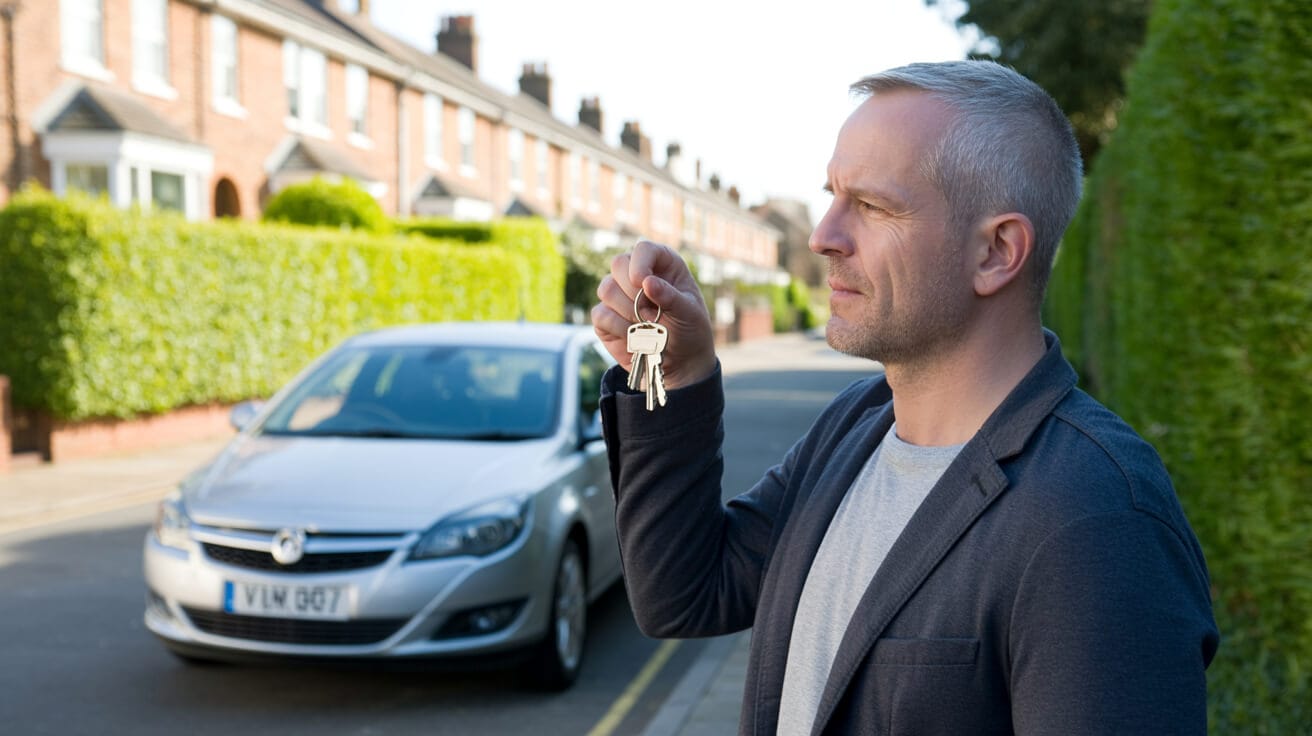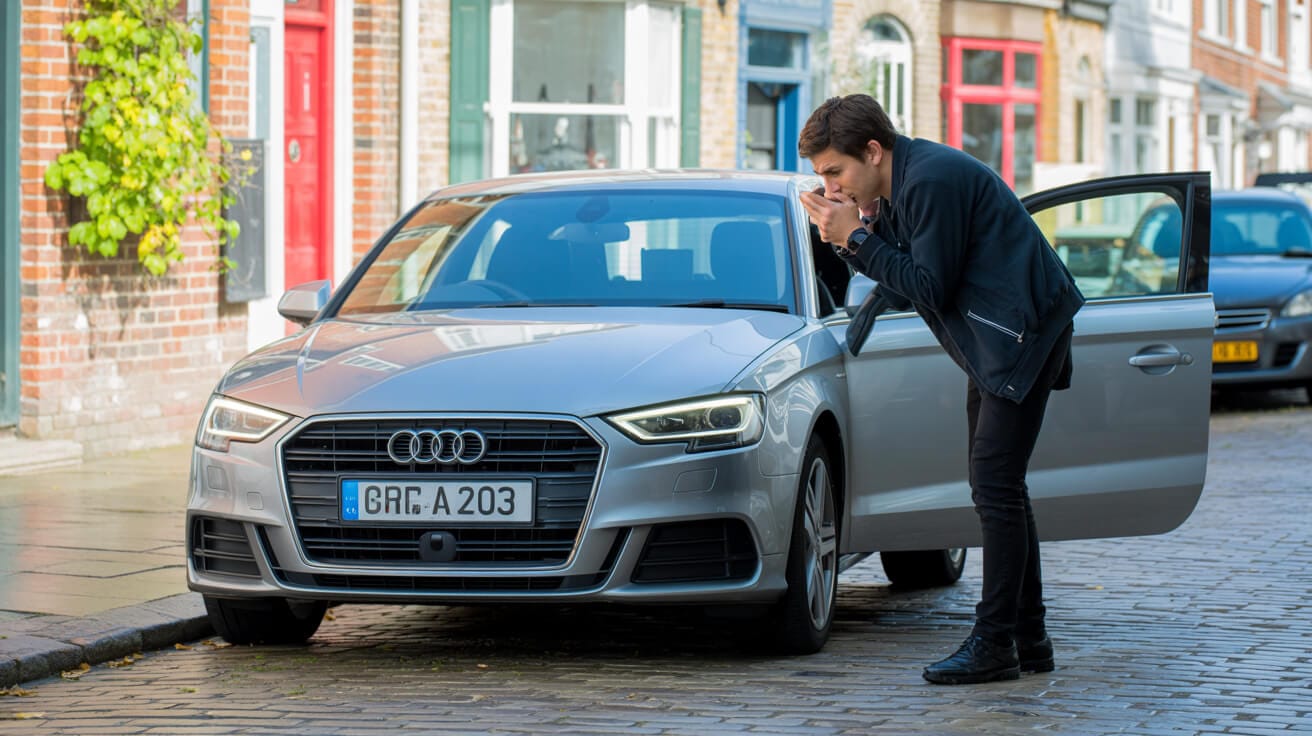What’s the real difference between an insurance-approved and a private auto locksmith in the UK?
Insurance-approved auto locksmiths and private specialists both unlock and secure your vehicle, but their methods and paperwork set them apart. Insurance-approved locksmiths offer process discipline, rigorous record-keeping, and seamless insurance claim integration. Private locksmiths focus on flexibility, direct accountability, and matching these high standards by choice, not mandate. Both can achieve the same outcome—a working car and peace of mind—if the process is documented and transparent.
The “insurance-approved” tag means built-in audit trails, photo logs, and every step being insurer-ready. Private professionals who mirror these habits deliver equivalent trust and results.
The right locksmith gives you confidence your repair is valid, your records are clear, and your insurer has nothing to challenge.
Insurance-backed options log owner ID, take before-and-after photos, and reassure insurers with traceable actions. Established private firms like Autolocks Ltd keep pace by following these steps—giving you a receipt and records ready for review or any claim.
How does being “insurance-approved” affect a locksmith’s process?
Insurance approval adds extra layers: owner identity checks, time-stamped photo records, tool and action logs, and a focus on non-destructive entry. This creates proof for every stage of the repair—a full chain of evidence for insurers and you.
What can I expect from a private locksmith’s process?
Private locksmiths aiming for top-tier service run their own strict protocols: verified ID, clear risk and process communication, photo logs, and step-by-step documentation, all designed to mirror or exceed insurer requirements. The real difference is format and insurer-system integration, not the underlying work quality.
Does using a private auto locksmith affect my car insurance claim or coverage?
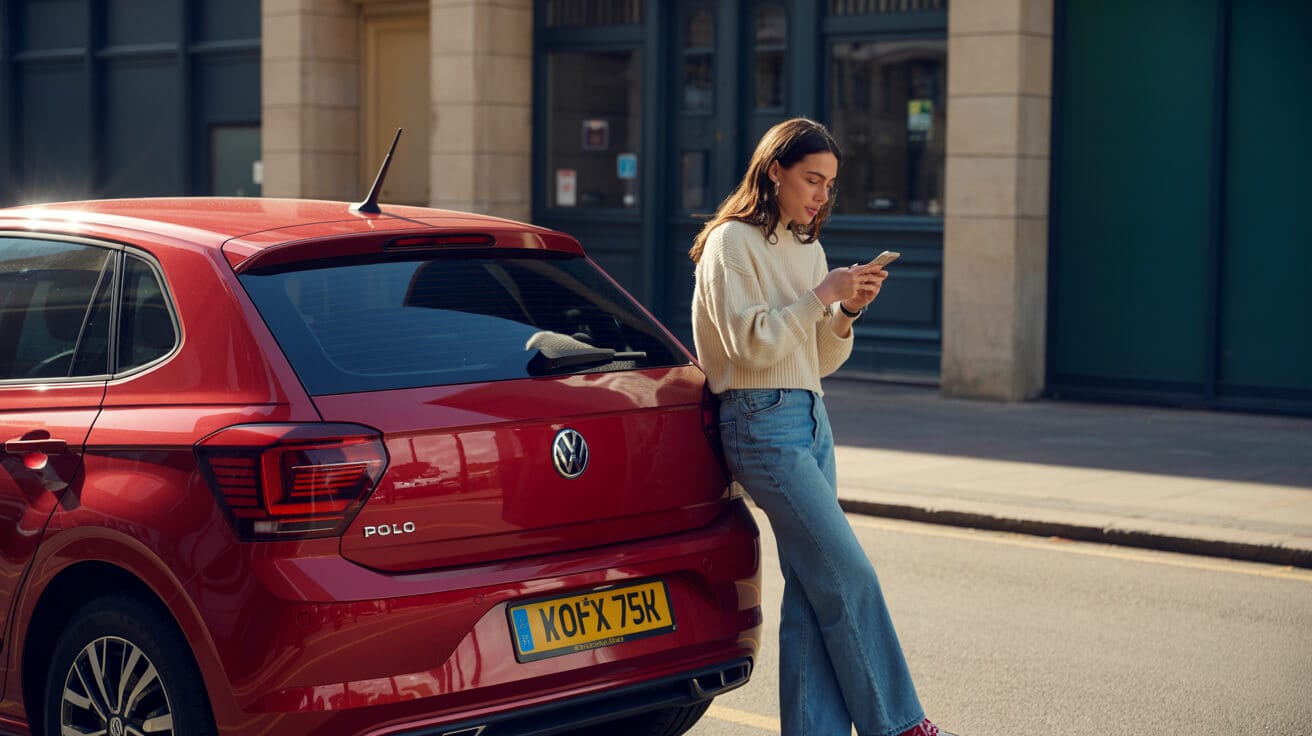
Choosing a skilled private locksmith doesn’t automatically risk your claim as long as clear records prove legal access, proper ID checks, and every step taken. Most insurers accept claims backed by strong evidence—owner consent, audit trails, and transparent invoicing. Compliance, not just branding, really counts.
Every traceable step—owner consent, logs, handover—reduces headaches when an insurance claim is on the line.
Insurer-approved services are “trusted by default,” which may speed up claim assessment. A private operator with robust documentation achieves the same credibility; clean logs and photo evidence eliminate delays and doubts for claims managers.
How do insurance assessors review locksmith work for a claim?
Assessors look for a clear timeline: who did what, at which time, under what authority, and how. Insurance-approved locksmiths’ records are built for this. Private providers can meet the mark if their paperwork is consistent and complete.
Could insurers ever refuse cover due to a private locksmith?
It can happen if paperwork is missing: no consent form, incomplete photo trail, or unclear process steps. When a private locksmith supplies all the right documentation, refusals are rare and easily appealed. Clarity and evidence—not the company logo—decide the outcome.
Are insurance-approved auto locksmiths genuinely safer or better than private specialists?

Insurance-approved locksmiths pass regular compliance audits, work with set accreditations, and are inspected for process reliability. This controls risk on paper. In daily life, a highly reputable private locksmith may go further out of direct business necessity, protecting both your security and their reputation.
Safety and risk management depend more on the operator’s diligence than any approval badge. The best locksmiths—insurance panel or private—use non-destructive techniques, spell out risks, and document every critical move.
What risk safeguards do insurance-approved locksmiths provide?
- Regular third-party audits
- Insurer-linked liabilities for disputes
- Fully recognised documentation for fast claims
These rules exist to prevent future headaches, not just to tick boxes.
How do top private locksmiths mitigate risk?
- Owner ID confirmation before work
- Photos at every step, from arrival to completion
- Signed handover and aftercare instructions
In practice, process transparency is what keeps your claim, warranty, and peace of mind intact.
Technical excellence is expected from both. Robust documentation is what closes disputes and ensures ongoing support.
Do insurance-approved auto locksmiths cost more than private locksmiths?
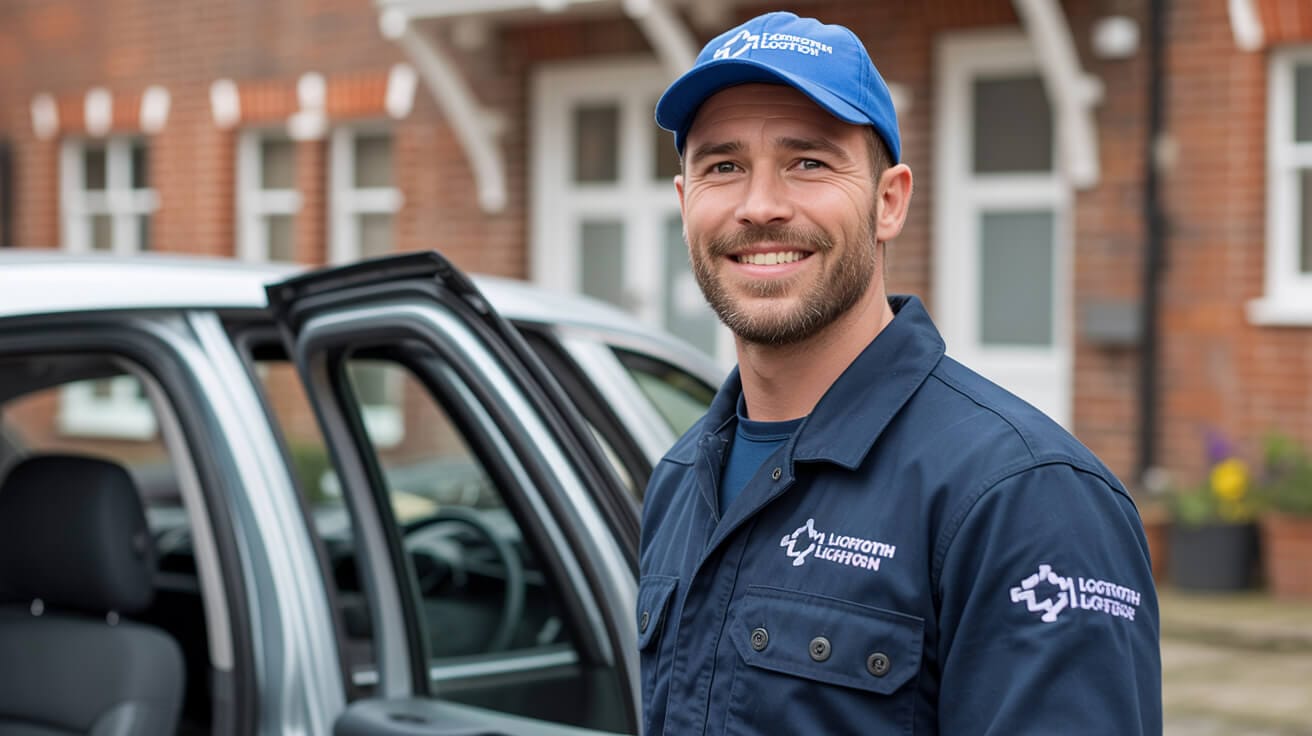
Prices may be higher with insurance-approved providers due to the infrastructure, audit, and compliance costs built into every job. These rates are often offset by cover from your insurance, but the initial numbers can surprise. Private locksmiths are usually keener on transparent pricing—for callout, labour, parts, and programming—and offer direct-pay discounts or break down costs for out-of-hours jobs. What matters is knowing the cost and evidence upfront.
What always matters is price and proof in writing before work begins—not just the letterhead stamped on the invoice.
Both types of provider should give an itemised quote before starting. Expect the final bill to note callout, labour, parts (keys/fobs), and programming, with a log to show every step.
What is included in the typical cost structure?
- Callout fee, distance, or urgency surcharge
- Labour (by the job, the hour, or for urgency)
- Parts used—keys, remotes, coin cells, lock hardware
- Electronic diagnostics or ECU programming fees (modern cars)
Look for full itemisation, photo and event logs, and warranty details before agreeing to proceed.
Can you show a real example of proof or trust in the cost process?
Picture losing all your keys late at night. Autolocks Ltd answers your call, confirms ID, documents the scene, takes photos of each stage, and hands you a full evidence log and a digital invoice. Every detail is in place for owner satisfaction or an insurance claim—no uncertainties, no hidden extras.
Which locksmith is faster or more reliable in emergencies: insurance-approved or private?
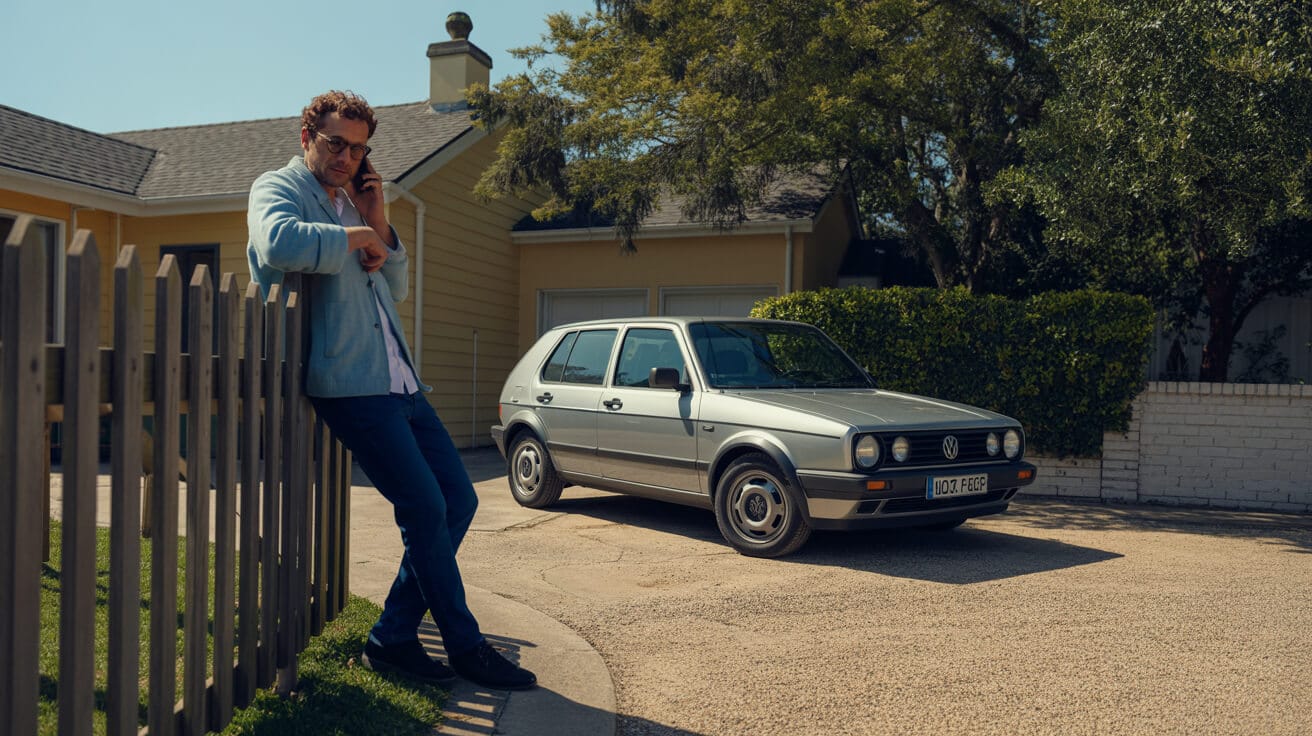
Speed hinges on location, network setup, and van stock. Insurance-approved operators can cover broad zones but may encounter slower dispatch or wait times—especially during demand peaks. Agile private fleets, focused on local coverage, can sometimes deliver faster response and better first-time fix rates, thanks to tailored inventory and quicker routing.
Both types can deliver reliability, but proven fix rates and aftercare quality depend on internal standards and tracking. Look for providers publicising first-time fix data, warranty call-backs, and genuine service reviews.
What factors really influence emergency response?
- Local van and technician density
- Match between locksmith skills and your make/model
- Real-time ETAs, progress updates, and honest comms
How does reliability of fix compare?
True reliability means your problem is solved first visit, logged with evidence and followed up as needed. Both approved and private locksmiths should demonstrate this—choose firms willing to share their statistics and feedback openly.
Do insurance-approved locksmiths offer better warranties or aftercare than private locksmiths?

Warranty structure may differ—insurance-backed jobs track through the panel, while private firms document direct-to-customer coverage. Many private locksmiths, including Autolocks Ltd, match or exceed industry warranty standards by streamlining aftercare. The meaningful difference is not on paper, but in speed and ease of support if a problem recurs.
The real power of a warranty is revealed not on paper, but when you need rapid support for a second call.
How do warranty terms actually differ?
- Insurance-approved: Fixed, often insurer-coordinated warranty; linked to your claim file for later follow-up
- Private locksmiths: Flexible, direct service warranty; usually handled by the same point of contact as your initial job
Could a warranty ever be denied due to the type of locksmith?
Warranty risk rises only when the provider can’t prove consent, full process, or a proper record of the fix. With compliant paperwork and audit logs, both insurance and private jobs hold firm; without them, coverage is harder to enforce.
Autolocks Ltd makes this simple: every service leaves you with traceable documentation, a clear warranty, and direct follow-up channels for true peace of mind.
How do you decide what’s better: insurance-approved or private locksmith for your needs?

Your best choice depends on your personal needs: if you need a claim processed instantly and prefer built-in insurer support, stick with approved panels. If flexibility, tailored scheduling, and hands-on communication matter, or if you’re outside tight insurance constraints, private specialists may suit you better.
The core issue is transparency and proof at every step, regardless of who you choose. Scrutinise process, demand written logs, and check reviews for real-world follow-up.
Your best choice depends on your own risk profile—do you prioritise process and insurer support, or flexibility, access, and local accountability?
What situations favour each option?
Go insurance-approved if:
- You expect to claim and want paperwork seamlessly integrated
- Panel-only repairs are mandated by warranty or lease
- National coverage and dispatcher integration are priorities
Go private if:
- Flexible or after-hours help is needed
- You want direct documentation and accountability
- Insurance neutrality or expired warranty affects the decision
Always prioritise clear consent, durable proof, and a warranty in writing, whoever you select.
How does Autolocks Ltd meet or surpass both standards?

Autolocks Ltd takes the best from both camps: insurer-grade compliance, privately-led agility. Every call-out starts with owner verification, transparent quoting, and skill-matched dispatch. The process log covers every detail—photos, steps, tool use—through to aftercare, and is built to meet any claim or service audit.
Non-destructive methods, secure records, and signed handover mean Autolocks Ltd stands ready for your next claim as well as today’s emergency. Storage is data-secure, aftercare is rapid, and support is actioned in clear, jargon-free English.
Why trust Autolocks Ltd for your next need?
- Full audit-ready job logs and photo evidence
- Seamless claim support via traceable records
- Fast-response team and skill-matched dispatch
- Upfront, transparent pricing—no extras
- Active warranty and aftercare, proven at every step
Let Autolocks Ltd safeguard your security now, with quality and transparency built to withstand any repeat test—not just today’s job.
Choose Autolocks Ltd Today
Your vehicle deserves clarity, proof, and support that stands up even under future scrutiny. Autolocks Ltd unites the gold standards of insurer approval with local specialist care, giving you control of every detail and backing it with evidence and aftercare at every stage. If you expect trust, documentation, and real insurance compatibility, Autolocks Ltd is your go-to—ready to protect your interests long after the keys are back in your hand.
Frequently Asked Questions
What does “insurance-approved auto locksmith” really mean, and should it change how you choose for your next job?
Insurance-approved auto locksmiths in the UK are officially recognised by major insurers for their ironclad evidence chains—think owner ID checks, digitised job logs, audit-traceable actions, and full photo histories for every callout, whether you need a lost key replaced, a vehicle unlocked without damage, or complex immobiliser reprogramming. For owners, that means every repair is built to withstand a claim dispute: every step mapped, every tool logged, every outcome ready for insurer scrutiny.
How does this affect your experience—from callout to claim?
Expect zero shortcuts or guesswork. You’ll show photo ID, consent in writing, and watch your vehicle’s status captured at every stage. Your signed handover and repair doc ties the job precisely to your claim, streamlining acceptance, especially if insurers question work quality or access.
Documentation handled properly today doesn’t just unlock your car—it opens a straight path through any future claim dispute.
Can private specialists deliver the same claim-ready assurance?
Absolutely—when a company like Autolocks Ltd bakes these protocols into every job, you receive the same level of compliance. The essential difference isn’t a network badge, but a guarantee your proof is robust and matches industry audit expectations: owner consent, photographic evidence, timestamped logs, and a signed invoice that’s claim-ready if ever needed.
Does choosing a private (non-insurance-approved) locksmith put your insurance or warranty at risk?
Your insurance won’t be denied based on provider badge—it’s denied when paperwork fails. Insurers care about proof: owner authorization, repair chain transparency, VAT invoices, and correctly registered evidence packs. Autolocks Ltd’s workflow produces time-stamped, audit-grade records for every job, giving you the protection that matters: legal, claim-compliant documentation, no matter who asks.
What paperwork do insurers really require for claim acceptance?
- Your photo ID and written consent at intake—no work starts without it
- Step-by-step images of your car before, during, and after repair
- An itemised, VAT-compliant invoice with clear job lines and your contact details
- Digital aftercare and handover, matched to the VIN
If any part of this chain is absent or incomplete, delays or denials are possible—regardless of insurance-approval status. With a private specialist who checks every box, you control the narrative if a claim ever needs proof.
What matters isn’t who programmed your key, but whether the evidence would silence any auditor’s doubt.
Are insurance-approved locksmiths technically safer, or is expertise the real difference?
The real technical edge comes down to method, verification, and workflow, not network status. While insurance-approved locksmiths must tick strict audit boxes, established independent teams like Autolocks Ltd hold themselves to even higher real-world standards: non-destructive entry (protecting trims and airbags), live owner credential checks, and end-to-end documentation for every session. With modern cars, technical authenticity means more than just cutting metal—programming a Golf or Rav4 fob now means live readings of CAN/LIN networks, immobiliser sync, and correct coding with manufacturer-grade tools.
What technical benchmarks should you insist on?
- Proof-first, scratch-free entry with no trace left behind
- Full digital logging of key, fob, or module programming—including who, when, what, and proof of avoidance of reprogram fraud
- High “first-time fix” rates and transparent warranty records
Ask for their numbers: How often do they succeed on the first visit? How many re-calls? What’s their warranty redemption rate? The best providers hand over these stats, not platitudes.
The true badge of safety is a record you—and your insurer—can check any time.
How do prices and what’s included really differ between insurance-approved panels and independent pros?
Insurance-approved networks nearly always charge higher base rates to cover compliance, admin, and referral steps, sometimes hidden in the claim or absorbed by the insurer. Private experts like Autolocks Ltd offer transparent, menu-driven pricing with line-by-line breakdowns: callout, labour, parts, programming, and documentation—plus clarity on after-hours or parts-sourcing premiums.
What should you see on a real bill?
| Service Item | Insurance Panel | Autolocks Ltd (Private) |
|---|---|---|
| Callout/Labour | Fixed, compliance-backed | Itemised, flexible, real-time |
| Parts/Programming | Standard, contract kit | Van-stock, by model, tailored |
| Admin/Document | Bundled into claim paperwork | Direct, claim-ready PDF or paper |
Never approve work on a vague promise. Your best ROI is a pre-job, written quote that spells out every penny and every service step, so both you and your insurer know exactly what you’re getting.
A precise, all-in quote up front is a mark of trust—no guesswork, no gotchas.
Who actually responds faster—insurance panels or independent locksmiths—and what drives reliability?
Field speed boils down to van proximity, tech matching, and who actually answers the phone—not network logos. Insurance panels typically work through dispatch chains, sometimes trending slow due to handoffs, on-hold routing, or network area gaps. By contrast, specialists like Autolocks Ltd use local van sensors, live traffic updates, and skills-driven allocation to hit high first-time-fix rates, even on weekends or in stormy weather. Ask what they stock: if your key type or fob is in the van, no wait. If not, you know right away, not after an hour of paperwork.
What shows real reliability when you’re locked out or stranded?
- Ability to show response P50/P90 metrics for your make/model (not sales averages)
- Transparent stock matrix—can they prove they carry your type?
- Full job logs and handover secured instantly, so you drive away with proof in hand
The right provider proves readiness with actual stats—ask to see their regional response logs, not just “quick claims.”
When you need help fast, it’s the team who can document every minute—start to finish—that gets you on the road.
Are warranty and aftercare better with insurance networks, or does a private specialist give more support?
Networks route warranty and aftercare through call centres, claim portals, or insurer dashboards—efficient but often impersonal and sometimes delay-prone if you need rapid help. Autolocks Ltd gives a direct, personal warranty: coverage is linked to your car’s VIN, job records are attached to both the van and the technician, and aftercare is just a phone call (or message) away—routeable to the exact person who did your fix.
What aftercare & warranty proof should you demand before choosing?
- Warranty card that matches job, time, and make/model—no blank offers
- Job log tied to your VIN for seamless support, even years later
- The technician’s direct contact or team hotline for repeat help—no global “support centres”
You want a provider who owns every fix, logs each session, and chases down help requests with the speed and accountability you deserve. A real aftercare plan is designed for you, not just to close a network ticket.
Peace of mind is knowing the person who fixed your car will pick up the phone when you call back.


